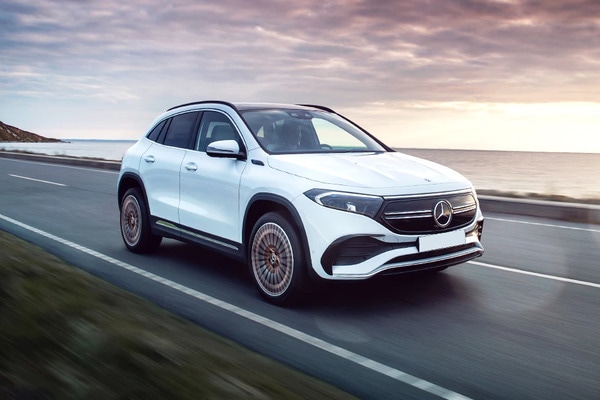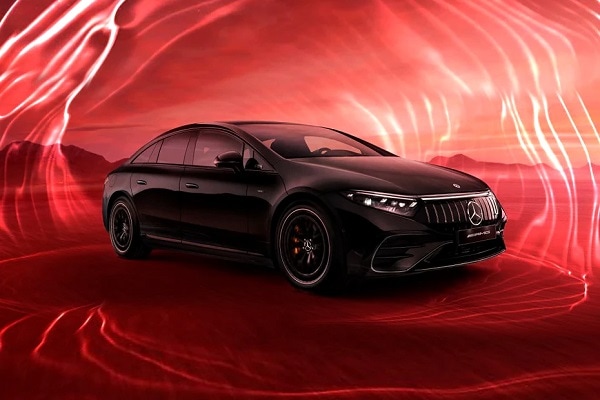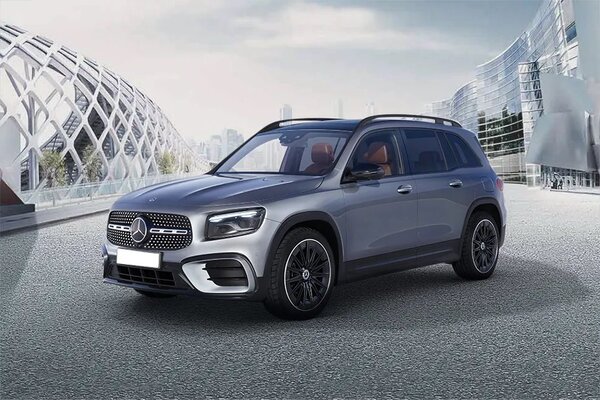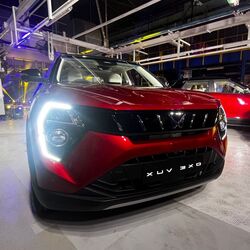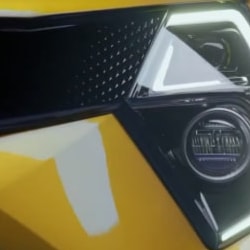Revolutionising auto retail: The impact of online sales on indian customers
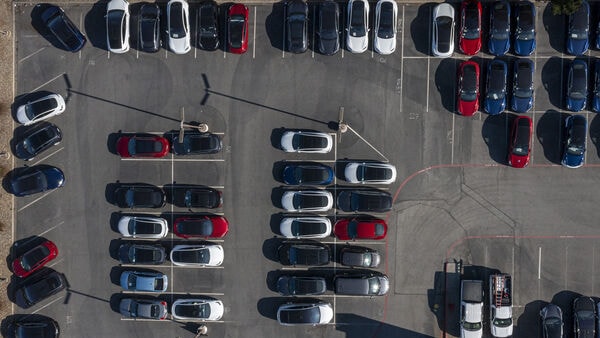

In the heart of India's automotive landscape, a seismic shift is underway, powered by the relentless march of technology. Electrification, the driving force behind this transformation, is not only reshaping product development and supply chains but also catalysing a front-end revolution. As vehicles evolve into sophisticated hubs of digital intelligence, automotive Original Equipment Manufacturers (OEMs) are reimagining their retail strategies to embrace a digital-first approach.
For decades, the auto sector's go-to-market model relied heavily on traditional brick-and-mortar dealerships. However, in response to the changing consumer landscape and the ascendancy of digitally-savvy customers, OEMs are pivoting towards digital-enabled routes to engage with their audience effectively.
Also check these Cars
The shift is palpable across the spectrum, from established players to emerging challengers, encompassing passenger cars, scooters, and the burgeoning electric vehicle segment. The emphasis now lies on exploring innovative models of customer outreach, engagement, and retention.
Central to this evolution is the emergence of a new breed of consumers – digitally fluent individuals spanning across generations. A global study earlier conducted by McKinsey underscores this trend, revealing that half of online consumers expect real-time customer service, while 90 per cent navigate seamlessly across multiple channels.
In India, Nissan's recent launch of 'NISSAN ONE' is a step towards this paradigm shift. As part of its customer-centric initiatives, Nissan introduced a single sign-on web platform designed to streamline the entire customer journey. From initial inquiry to test drive booking, car selection, and service requests, 'NISSAN ONE' offers a seamless digital experience, aligning with the preferences of today's tech-savvy consumers.
Luxury automakers are also embracing this digital revolution. Mercedes-Benz India launched the 'Retail of the Future' (ROTF) channel in October 2021 to cater to this trend. By offering a 'direct to customer' model, Mercedes-Benz enables customers to purchase luxury vehicles directly from the brand, bypassing the traditional dealership model.
The success of this approach is evident in the numbers – within the first 18 months, Mercedes-Benz witnessed over 25,000 cars sold through the ROTF channel. Beyond India, this model has been replicated in Germany and the UK, signaling its global relevance.
Crucially, this digital-first approach benefits all stakeholders. Customers enjoy enhanced transparency and convenience, while dealerships can refocus their efforts on delivering exceptional customer service rather than navigating complex discount negotiations. As trust in the system grows, so does the synergy between OEMs, dealers, and customers.
Also Read : Mercedes-Benz intends to follow Tesla, plans to shift to direct sales
In the dynamic landscape of India's auto sector, the transition to a digital-first retail model is not merely a trend but a strategic imperative. As technology continues to redefine the automotive experience, OEMs must stay agile, adapting their retail strategies to meet the evolving needs of the modern consumer. Through innovation, collaboration, and a relentless focus on customer-centricity, the automotive industry is poised to embark on a transformative journey towards a digital future.
Consumer remains the central point
Even when the automotive retail landscape is evolving, one principle remains steadfast: the customer reigns supreme. Automakers, recognising the shifting preferences of the modern consumer, are harnessing the power of digital technology to deliver seamless, personalized experiences that redefine the traditional dealership model.
Gone are the days of tedious showroom visits and protracted price negotiations. Today's consumers crave convenience, efficiency, and customization – qualities that digitally native models are uniquely poised to provide. Unlike traditional dealerships, digital retail platforms empower customers to browse, configure, and purchase vehicles from the comfort of their homes, all with a few taps on their smartphones.
The allure of digital retail lies in its inherent flexibility and accessibility. No longer bound by geographical constraints or showroom hours, consumers can explore a vast array of brands and models at their leisure, saving both time and money in the process. Moreover, digital retail enables a level of customization that was previously unimaginable, allowing customers to tailor every aspect of their vehicle to suit their preferences.
Legacy OEMs are embracing this digital revolution, investing in cutting-edge online retail tools to enhance the customer experience. Central to this transformation is the modernisation of the configuration process, which serves as the cornerstone of customer engagement. By leveraging technologies such as 3D visuals and virtual reality (VR), automakers are enabling consumers to envision and customize their dream vehicles with unprecedented detail and realism.
Further, the evolution of automotive retail extends beyond the point of purchase. To truly differentiate themselves in a crowded marketplace, OEMs are providing a unified shopping experience that transcends traditional boundaries. This entails seamless integration across multiple channels, from online browsing to home delivery and aftermarket servicing.
Moreover, OEMs are leveraging customer data to tailor offers and incentives that resonate with individual preferences. By implementing customer opt-in programs, automakers are gaining a comprehensive view of each driver and their purchase history, enabling them to deliver targeted promotions and rewards that foster long-term loyalty.
In essence, the rise of digitally native models represents a paradigm shift in automotive retail – one driven by a relentless focus on customer-centricity and innovation. As the industry continues to embrace digital transformation, the possibilities for reimagining the car-buying experience are limitless.
By harnessing the power of technology and prioritising the needs of the modern consumer, automakers are poised to chart a new course towards a more connected, convenient, and personalized future of automotive retail.







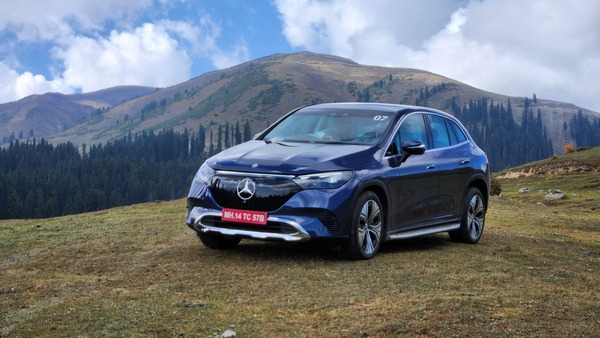
 90.56 kWh
90.56 kWh 550 Km
550 Km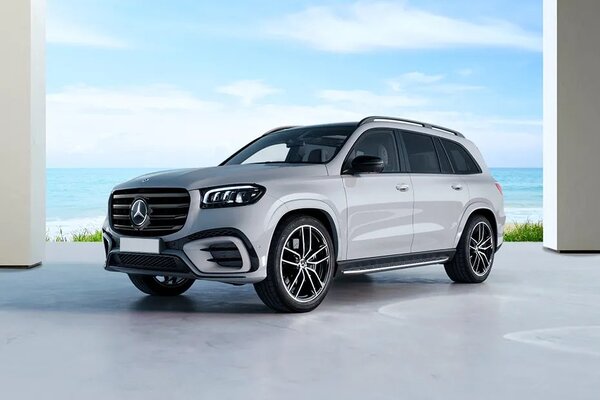
 2999 cc
2999 cc Multiple
Multiple